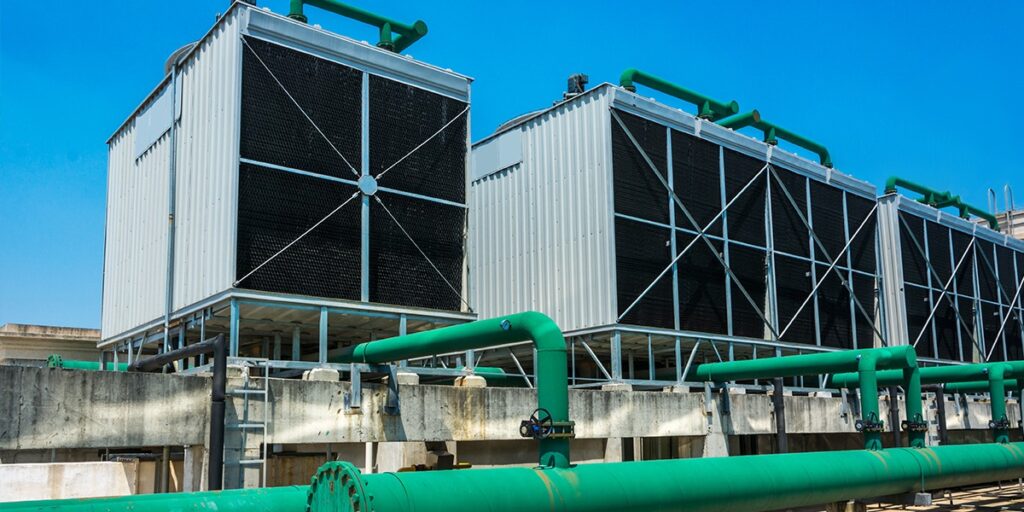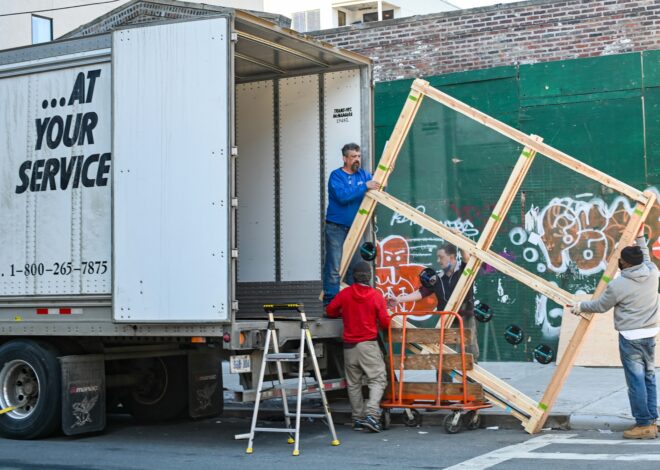
Cooling Solutions For Industrial Processes: Why Industrial Fans Matter?
Industrial processes often generate heat, harming machinery, product quality, and employee comfort. To mitigate these issues, industrial facilities rely on various cooling solutions, and among them, industrial fans play a pivotal role. This piece will talk about why industrial fans are important for keeping things cool in factories.
1. Temperature Regulation And Equipment Longevity
Maintaining the optimal temperature within an industrial facility is crucial for the longevity and performance of machinery. High temperatures can speed up the wear and tear on machinery, which can lead to more repairs and downtime. Industrial fans help regulate temperatures by facilitating the circulation of air. This circulation prevents localized hotspots, ensuring that machinery operates within the recommended temperature range.
2. Enhanced Product Quality And Consistency
In many industries, maintaining a consistent environment is essential to produce high-quality goods. Temperature fluctuations can lead to product defects and inconsistencies, affecting product quality and customer satisfaction. During the production process, industrial fans help keep temperatures stable. This lowers the risk of defects and makes sure that goods meet strict quality standards.
3. Energy Efficiency And Cost Savings
Cooling industrial processes often requires a significant amount of energy. Industrial fans, when used in conjunction with other cooling systems like air conditioning or evaporative coolers, can improve energy efficiency. By promoting air circulation and distributing cooled air more effectively, industrial fans reduce the load on cooling equipment, resulting in lower energy consumption and operational costs.
4. Worker Comfort And Safety
Employee comfort and safety are paramount in any industrial setting. High temperatures can create discomfort and, in extreme cases, pose health risks to workers. Industrial fans help alleviate these concerns by providing a cooling breeze that improves working conditions. Comfortable employees are not only more productive but also less likely to suffer from heat-related illnesses, ensuring a safer workplace.
5. Combating Heat-Related Production Challenges
Certain industrial processes, such as metal casting and plastic molding, generate intense heat. Without proper cooling solutions, these processes can become unfeasible due to material deformation or compromised product quality. Industrial fans are instrumental in addressing these challenges by dissipating heat and allowing these processes to continue efficiently.
6. Environmental Impact And Sustainability
Industrial facilities are under increasing pressure to reduce their environmental footprint. Air conditioning and other traditional cooling devices can use a lot of energy and release carbon gases. Industrial fans offer a more sustainable alternative by reducing the reliance on energy-consuming cooling methods. Their lower energy consumption and extended equipment lifespan contribute to a greener, more eco-friendly operation.
7. Customized Solutions For Diverse Applications
Industrial fans come in various types and sizes, allowing for tailored cooling solutions. Whether a facility requires high-velocity axial fans for ventilation or centrifugal fans for air purification, there is an industrial fan suitable for every application. This adaptability ensures that industrial processes receive the specific cooling they need to operate optimally.
8. Reliability And Minimal Maintenance
Industrial fans are known for their robust construction and reliability. They can withstand harsh industrial environments and require minimal maintenance compared to other cooling systems. This reliability translates into reduced downtime and increased operational efficiency for industrial facilities.
In conclusion, industrial fans are indispensable cooling solutions for various industrial processes. They provide temperature regulation, enhance product quality, improve energy efficiency, and prioritize worker comfort and safety. Additionally, their sustainability benefits and adaptability make them a valuable asset for modern industrial facilities. By incorporating industrial fans into their cooling strategies, businesses can optimize operations, reduce costs, and contribute to a more environmentally friendly future.



